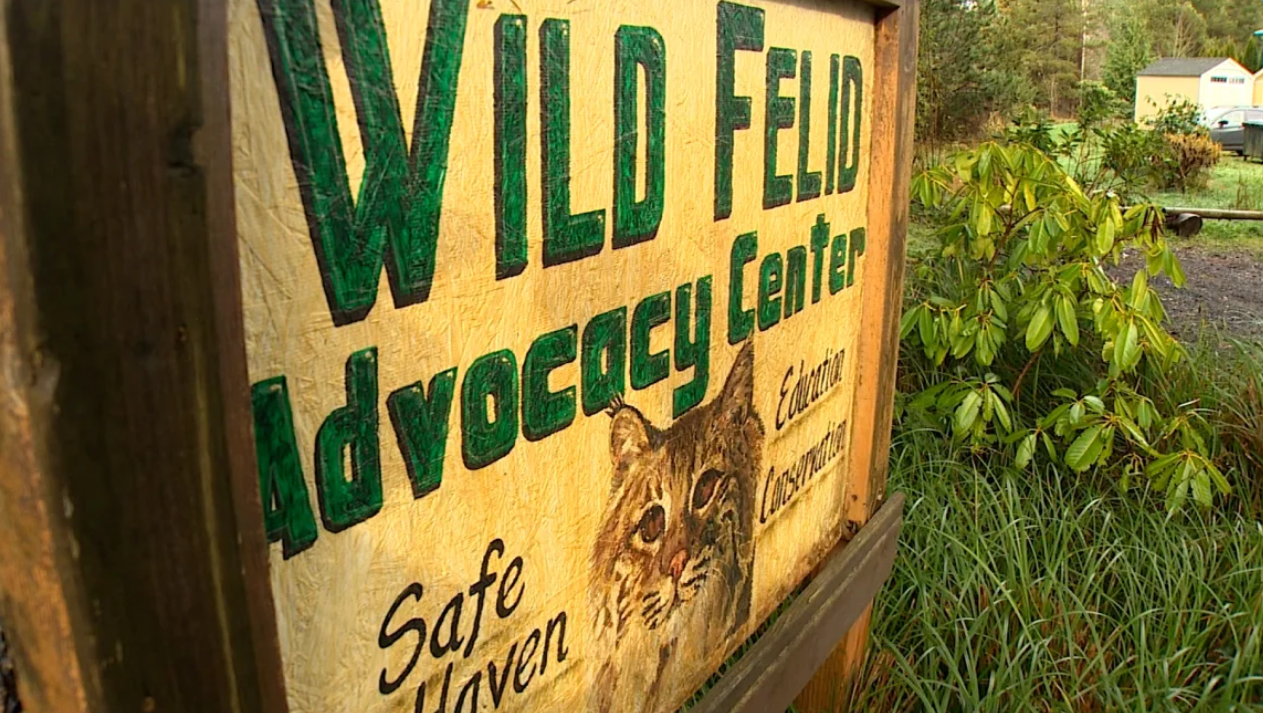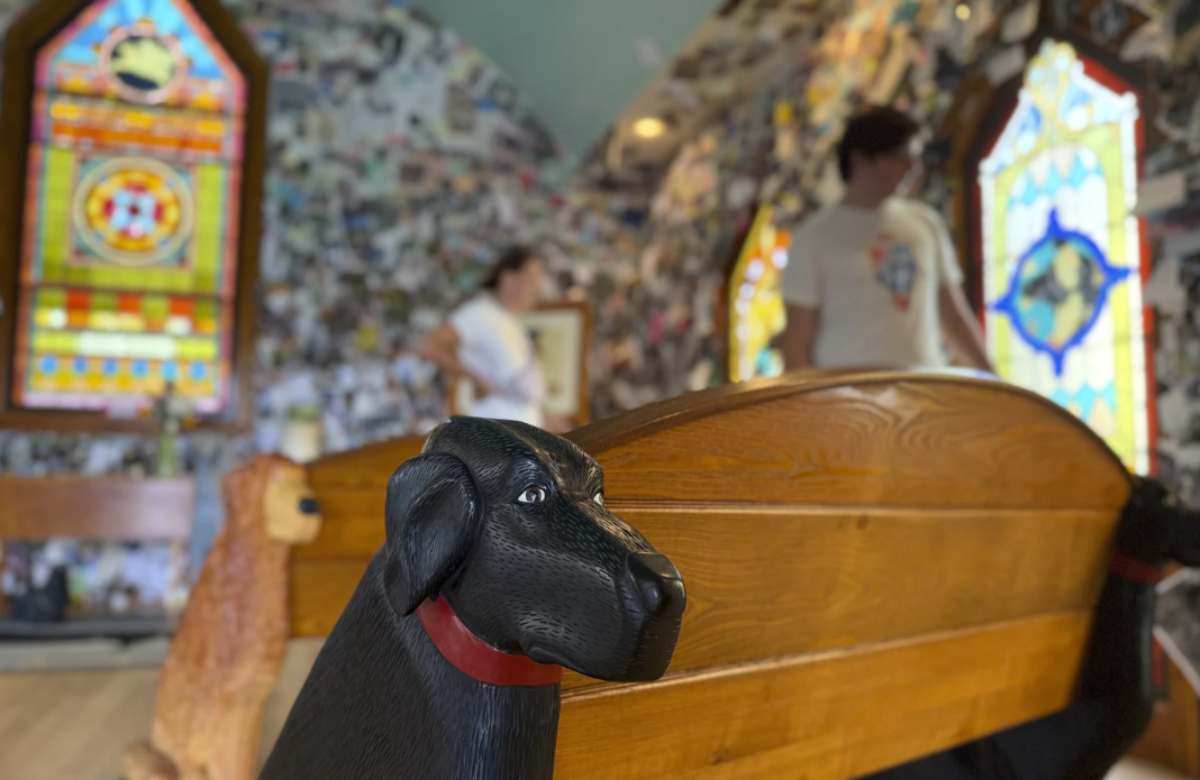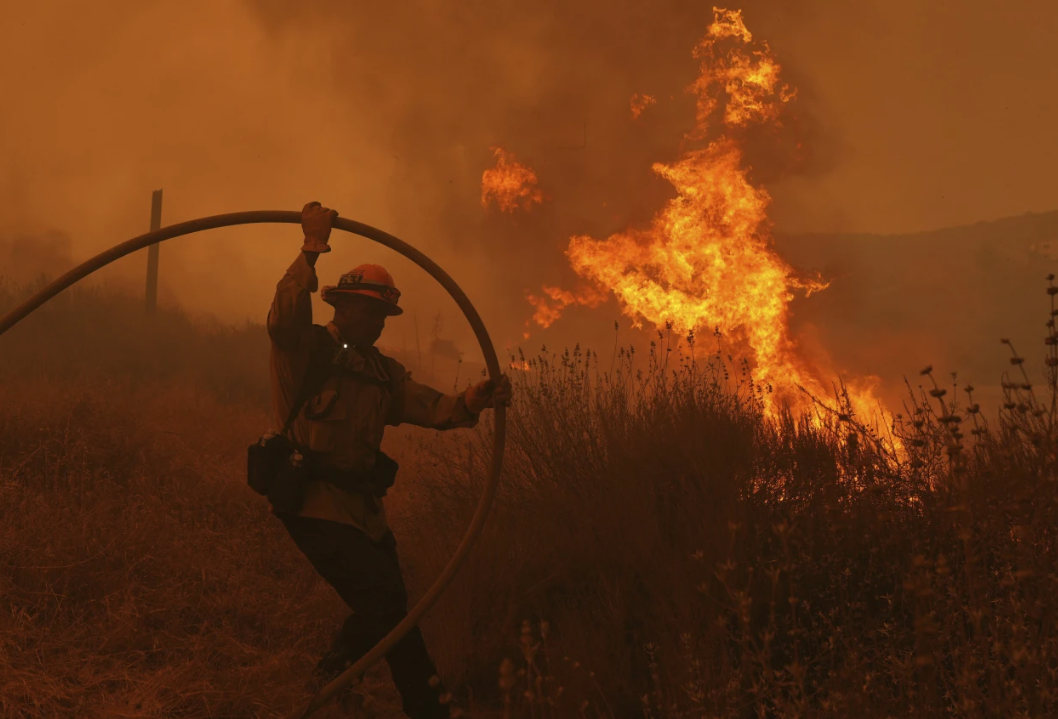Bird flu has been spreading in Washington state, and one sanctuary has been severely impacted: 20 big cats, over half of the facility’s population, have died in recent weeks.
The Wild Felid Advocacy Center of Washington, located in Shelton, about 22 miles northwest of Olympia, announced the deaths on Facebook Friday. The center’s director and cofounder, Mark Mathews, described the situation as a “nightmare,” stating that he never imagined something like this could happen to their sanctuary, which has cats spread out across five acres.
While the exact cause of the bird flu outbreak is still unknown, Mathews mentioned that the first death occurred around Thanksgiving. The 20 animals lost include five African servals, four bobcats, four cougars, two Canada lynxes, one Amur-Bengal tiger mix, and other big cat species.
“Tabbi, she was my favorite tiger,” Mathews shared. “Before Thanksgiving, we had 37 cats. Today, we have 17, with four still recovering.”
The Wild Felid Advocacy Center of Washington is currently under quarantine and closed to the public to prevent the further spread of bird flu. In a statement, the sanctuary announced it is collaborating with federal and state animal health officials, disinfecting each enclosure, and working with veterinarians on preventive measures while monitoring treatments to ensure animal welfare. The center hopes to reopen in the new year.
While the exact way the big cats contracted bird flu is unclear, the sanctuary explained that the disease primarily spreads through respiratory secretions, bird-to-bird contact, and can also be transmitted to carnivorous mammals that consume infected birds or their products.
Cats are especially susceptible to bird flu, which can begin with mild symptoms but may quickly escalate, often leading to death within 24 hours due to pneumonia-like conditions. Symptoms in birds include low energy, swelling, lack of coordination, and diarrhea, while cats and dogs may exhibit fever, lethargy, poor appetite, and other signs, as noted by the American Veterinary Medical Association.
Sanctuary employee Jolie Connolly-Poe shared that typically, when a vet performs immobilization on an animal, it starts to feel better. However, with Harley, the cougar, it was a different situation. She explained that it was clear he wasn’t improving after his treatment.
The Washington Department of Fish and Wildlife reported earlier this month that bird flu cases have been increasing throughout the state. They also confirmed that two cougars in another part of Washington had contracted the virus.
Sanctuary employee Jolie Connolly-Poe expressed feeling devastated and in shock, saying it’s heartbreaking that despite taking such good care of the animals, something unexpected has caused such rapid damage. The center is now focusing on caring for the animals that are recovering.
Mark Mathews, the center’s cofounder, said that in the 20 years since the sanctuary opened, they have never faced anything like this before. They are now taking extra precautions to prevent further spread of bird flu, including disinfecting all areas.
The U.S. Centers for Disease Control and Prevention (CDC) stated that while it is rare for people to contract bird flu from infected mammals, it is possible with prolonged, unprotected contact. The CDC also mentioned two recorded cases of bird flu transmission to humans from mammals: one in 2016 involving a cat, and another in 2024 involving a cow.















